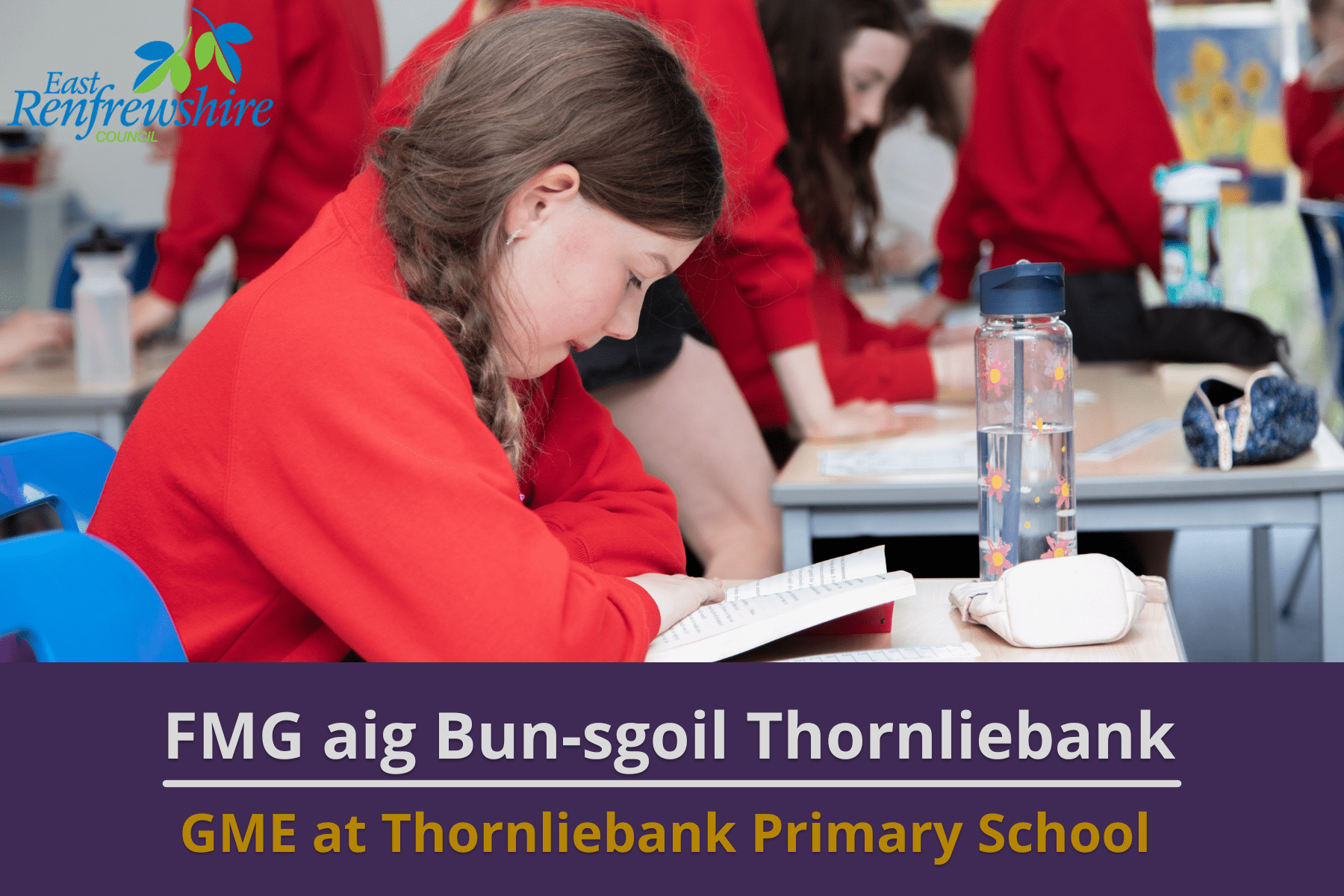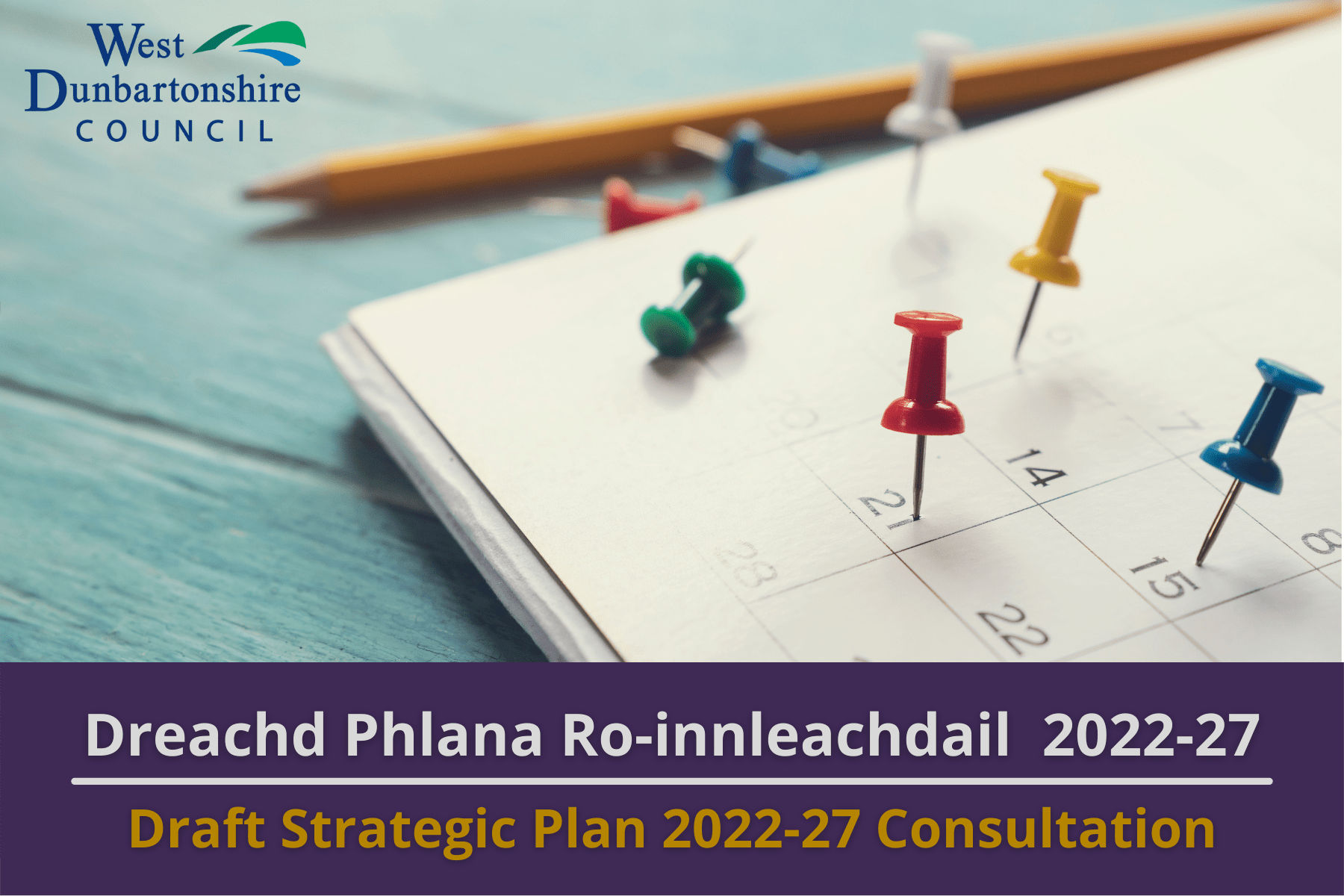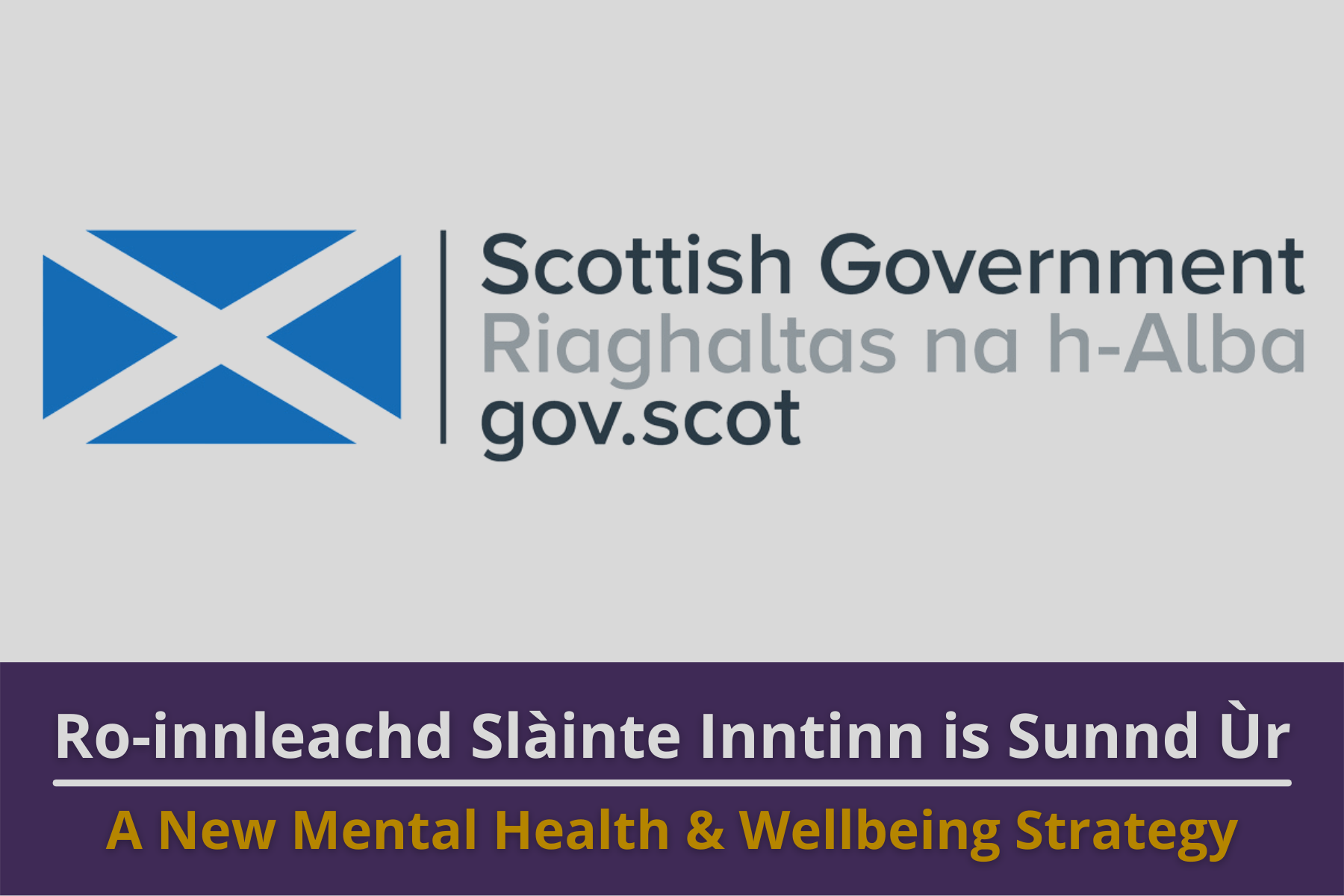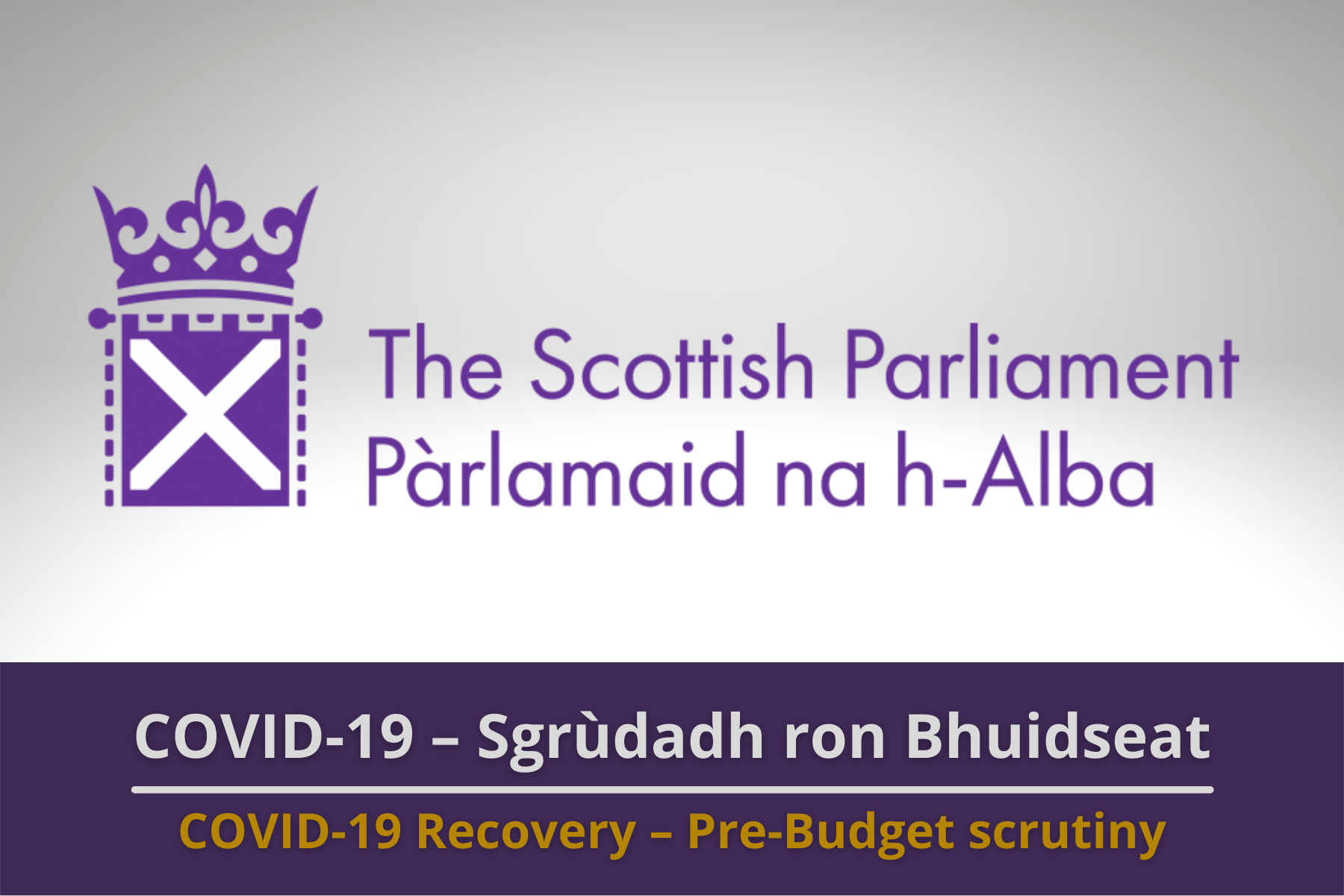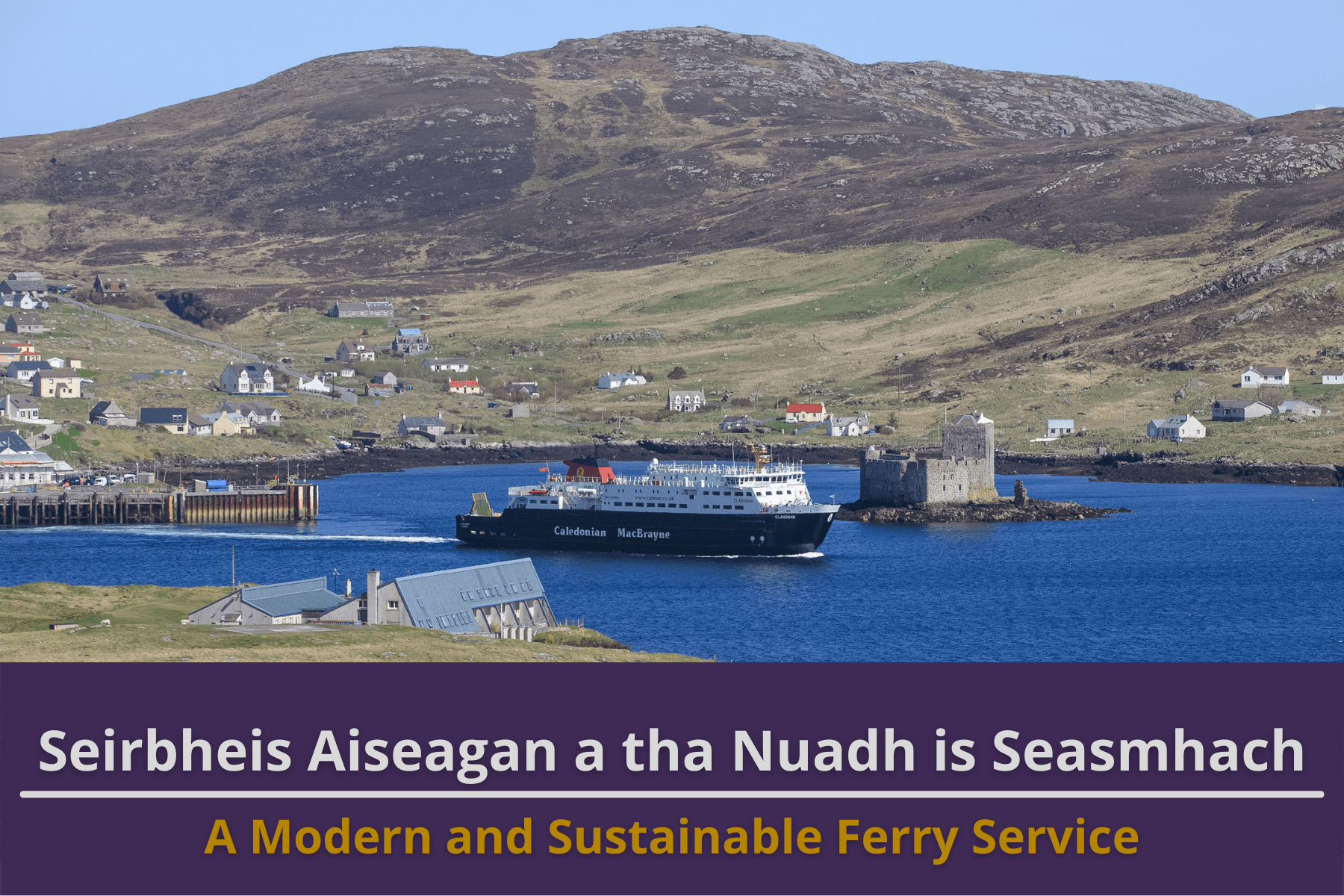East Renfrewshire Council has launched a public consultation for interested individuals and groups to have their say on the establishment of a Gaelic Medium Primary Education (GMPE) at Thornliebank Primary School from August 2023 and beyond.
Bòrd na Gàidhlig has submitted a response which includes the points:
Bòrd na Gàidhlig welcomes the establishment of Gaelic Medium Primary Education (GMPE) in East Renfrewshire Council, as a result of a successful application by parents utilising the provisions in the Education Scotland Act (2016), as outlined in the Statutory Guidance for Gaelic Education.
Due consideration has been given by East Renfrewshire Council not only on establishing provision but future proofing provision to ensure expansion is possible. Bòrd na Gàidhlig believe that GMPE within East Renfrewshire council will be an attractive option for parents and that numbers are likely to grow in the future.
The full response can be read here.

